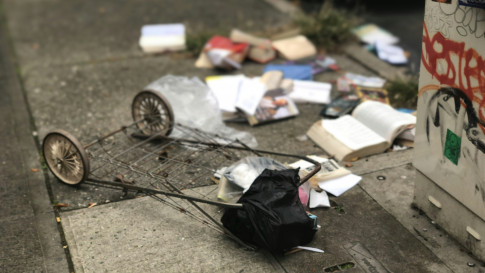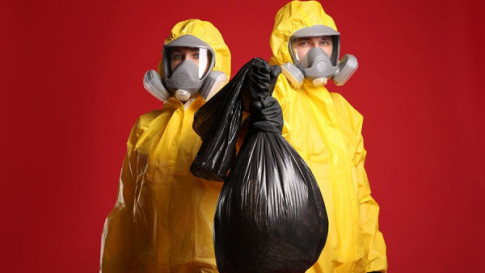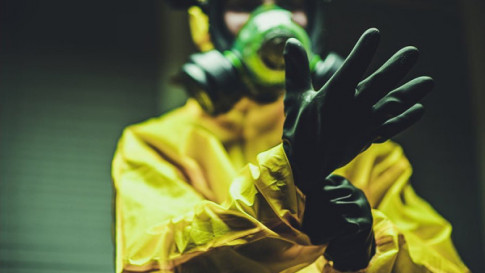Understanding the FAQs of Professional Suicide, Homicide, and Trauma Scene Clean Up

Understanding the FAQs of Professional Suicide, Homicide, and Trauma Scene Clean Up
Professional suicide clean up, homicide clean up, and trauma scene clean up are specialized services provided by trained professionals who are equipped to handle the aftermath of such tragic events. These professionals are often referred to as biohazard remediation technicians or crime scene cleaners. They possess the necessary skills, knowledge, and equipment to safely and effectively clean and decontaminate.
Frequently Asked Questions about Professional Suicide Clean Up:
1. What is professional suicide clean up?
2. Why is professional suicide clean up necessary?
Professional suicide clean up is necessary to protect the physical health, mental health and safety of those who may come into contact with the scene. Bloodborne pathogens and other biohazards can pose serious health risks if not properly handled and disposed of.
3. How long does professional suicide clean up take?
The duration of professional suicide clean up depends on various factors, including the size of the affected area and the extent of the contamination. In some cases, it may take several hours or even days to complete the process thoroughly.
Frequently Asked Questions about Homicide Clean Up:
Homicide clean up involves the thorough cleaning and decontamination of a crime scene where a violent death has occurred. This includes removing blood, bodily fluids, and other biohazards, as well as restoring the area to its pre-incident condition.
Yes; homicide clean up professionals tend to suicide, undiscovered death, and trauma scenes as well and undergo extensive training to handle sensitive situations with empathy and professionalism. They understand the emotional toll these events can have on the affected individuals and work discreetly and respectfully.
3. Can homicide clean up professionals assist with legal proceedings?
Frequently Asked Questions about Trauma Scene Clean Up:
Trauma scene clean up involves the cleaning and decontamination of scenes where traumatic events, such as accidents or violent crimes, have occurred. This includes removing biohazardous materials, disinfecting the area, and restoring it to a safe and habitable condition.
Trauma scene clean up professionals follow strict safety protocols and guidelines to protect themselves and others from potential health hazards. They use personal protective equipment, specialized cleaning agents, and advanced techniques to minimize the risk of exposure to biohazards.
3. Is trauma scene clean up covered by insurance?
In many cases, trauma scene clean up is covered by homeowners' insurance or crime victim compensation programs. It is advisable to consult with your insurance provider to understand the coverage and reimbursement options available.
Professional suicide clean up, homicide clean up, and trauma scene clean up require specialized knowledge and expertise. By understanding the frequently asked questions surrounding these services, you can make informed decisions and ensure the proper handling and restoration of affected areas. If you find yourself in need of these services, it is essential to seek assistance from your local T.A.C.T. Biohazard Remediation professionals who can provide expert advice and support during this challenging time. We are available 24/7/365. We CAN help you.




Latest news

Learn about the complete process of trauma scene cleanup in Prince William County, VA, from initial arrival to full restoration, ensuring a safe environment.
Read More
Supporting Communities with Specialized Cleaning & Biohazard Services. Virus Decontamination, Hoarding Cleanup, Deep Cleaning Services, Blood Cleanup, and Human Waste Cleanup.
Read More
Suicide Cleanup in Washington, D.C., Northern Virginia & Frederick, MD. Certified Biohazard Cleanup, Blood Cleanup, Crime Scene Cleanup, and Dead Body Clean Up Professionals.
Read More